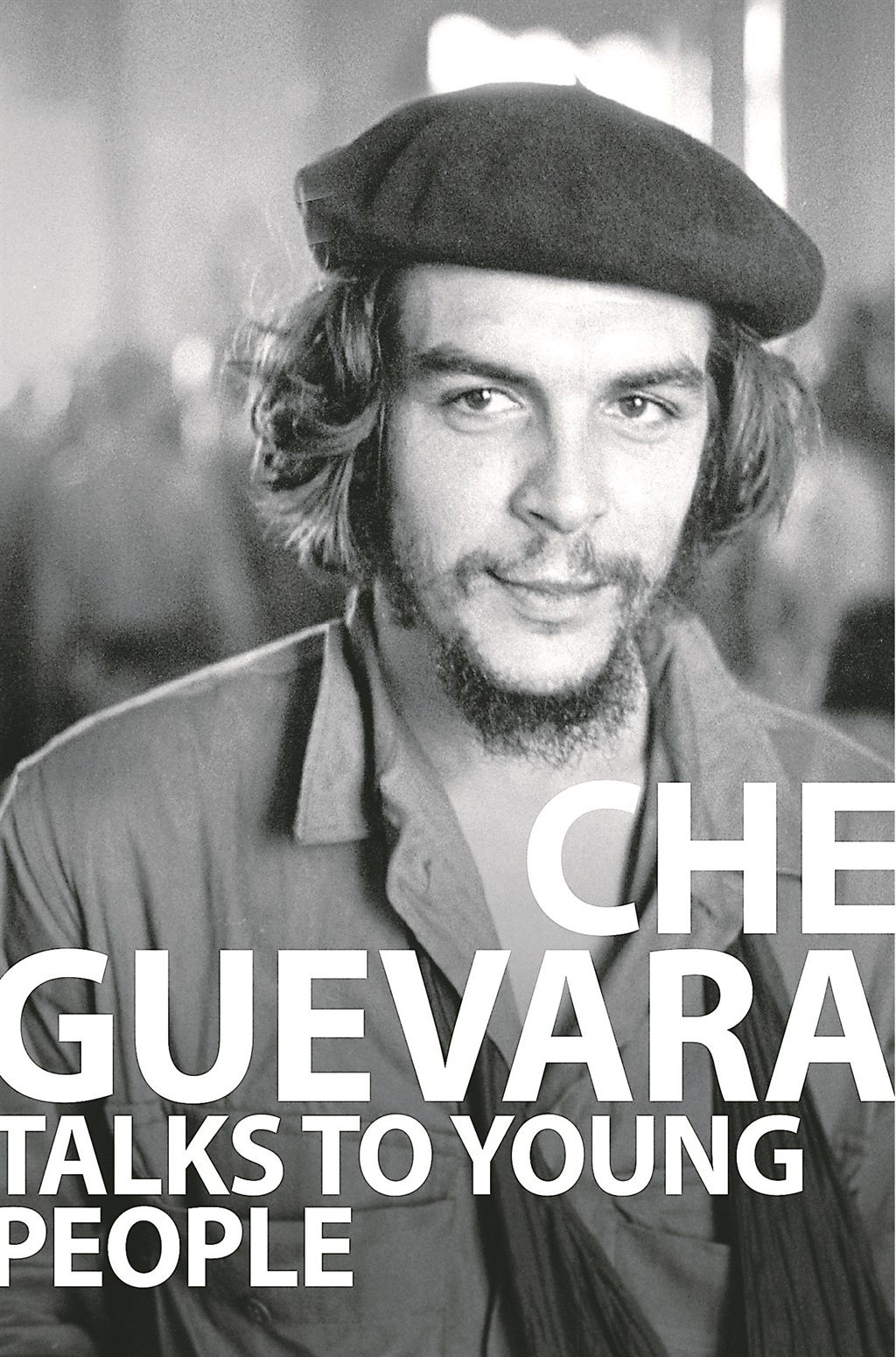
Che Guevara Talks to Young People
By Ernesto Che Guevara
Kwela Books
184 pages
R163 at takealot.com
.....
Who am I to give one of the world’s most influential revolutionaries anything less than a perfect score for a compilation of his moving speeches?
The only critique I have of this book is the title, which would more accurately reflect Guevara’s revolutionary essence if it read Che Guevara Talks with Young People, rather than Talks to Young People.
While addressing university students and youth organisations, the guerrilla leader of the Cuban Revolution demonstrates a master ability to connect with his audiences by refusing to hand his knowledge and insight down to the masses in a holier-than-thou manner.
Rather, he passes his revolutionary expertise across the table, sharing his ideologies with a humbleness and sincerity that resonates with each turned page.
Guevara’s faith in humanity and level of moral soundness is contagious, and he is therefore able to make an impression on his audiences, and readers, almost effortlessly.
In these speeches given between 1959 and 1964, he encourages students and young professionals rooted in the prerevolutionary bourgeois class to reconstruct the ways in which they think about labour, workers, peasants and interconnectivity between human beings.
He appeals to these crowds in a way that other leaders cannot because of his own bourgeois background, combined with his charismatic personality.
Born into Argentina’s middle class in 1928, Guevara was educated and on the path to becoming a medical doctor. It was during his travels throughout South America as a medical student that a jolting exposure to the plight of the working poor shook his latent inner revolutionary awake.
“One way of learning about this revolution – of getting to know the forces the people have kept stored inside themselves, forces that have lain dormant for so long,” he said to a gathering of medical students and health workers in 1960, “is to visit the length and breadth of Cuba, visit the cooperatives and all the workplaces being created ... The doctor, the medical worker, should then go to the heart of his new work, that of a person among the masses, a person within the community.”
As someone who was familiar with the name, face and symbolism associated with Guevara before reading this text, upon completing the book, I am amazed at the lack of understanding I had about his contributions to the Cuban Revolution and liberation movements thereafter.
Reading his speeches proved that although his image is ubiquitous, his actual message remains largely unheard today.
The love Guevara had for people, expressed in every speech on every page of this book, can’t be conveyed by the T-shirts and keyrings available at shops in almost every corner of the world.
If the number of tangible displays of human respect seen today were directly proportional to the number of souvenirs on which his face is plastered, perhaps we could do a better job of honouring Guevara’s legacy.
Although this collection of his speeches will propel readers who have a vague awareness of Guevara’s heroism to the heart of his revolutionary spirit and aspirations, it does also mask the problematic aspects of Guevara’s character.
He harboured a harmful prejudice towards the indigenous and those of African descent, writing in his 1952 diary that “the black is indolent and a dreamer; spending his meagre wage on frivolity or drink”.
Some scholars have tried to protect his image by dating his comments to the inexperienced, naive days before his revolutionary awakening, but this racism cannot be defended.
Of course, this dark side of Guevara is easily glossed over in the Cuban revolutionary’s narrative, as it remains sealed within the privacy of his diaries rather than exposed to scrutiny in his public speeches.




 Publications
Publications
 Partners
Partners








